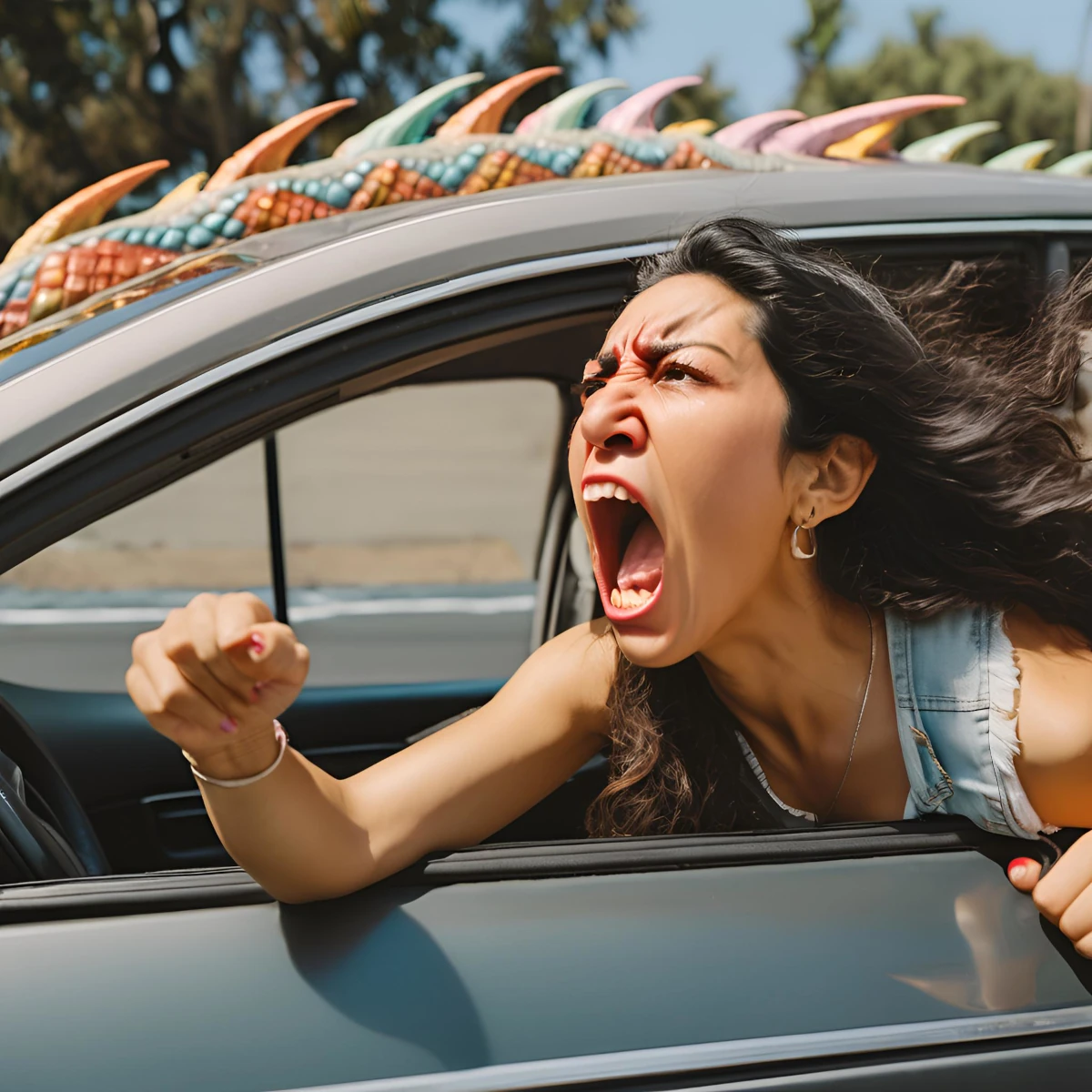Molloy DSG Professional Digest
Regularly Updated Content for Leaders & Experts

Driving Habits Signal Normalized Behaviors
Poor and antisocial driving behaviors are more than just bad habits on the road–they are often a direct reflection of how someone treats others in everyday life. When we sit behind the wheel, all the social filters we put up at work, with friends, or on social media start to slip away. The road becomes a kind of truth serum. Those who tailgate, cut people off, speed through neighborhoods and school zones, or refuse to let others merge aren't just demonstrating poor driving skills–they're giving us a peek behind the curtain, exposing deeper tendencies like selfishness, impatience, entitlement, and disregard for others' safety.
Think about it: the person who aggressively weaves through traffic isn't just "in a rush." That same person is probably the one cutting in line at the grocery store, interrupting conversations, or belittling service workers. Driving is, in many ways, an extension of how we interact with the world. If someone can't show basic courtesy to a fellow driver–someone they don't even know–what are the chances they treat the people close to them with kindness? The same person who honks and rages at minor inconveniences on the road is likely the one losing their temper over small annoyances in personal relationships.
And let's not forget the chronic red-light runner, the person who knows the rules but breaks them anyway. This behavior reflects more than just impatience; it shows a sense of entitlement–"My time is more valuable than yours." It mirrors how they might push boundaries in life, ignoring social norms or disregarding commitments because they believe the rules shouldn't apply to them. Similarly, the driver who never signals when changing lanes in front of others? That's the same person who makes decisions that affect others without consulting them, leaving coworkers or family members to adjust on the fly. It's not just about carelessness–it's a lack of empathy.
Driving reveals something raw and unfiltered. In that isolated bubble of steel and glass, people act as they truly are, without the need for performative politeness. It's the reason some drivers feel free to engage in road rage, screaming insults they'd never say to someone's face. Or why some drivers hog two parking spaces or block bike lanes, indifferent to how their actions inconvenience others. The pattern becomes obvious–those who treat the road like a competition or a battleground likely carry the same energy into their personal and professional lives.
If you want to know how someone treats people when they're not putting on a mask, watch how they drive. Do they give way to others, even when it's inconvenient? Do they demonstrate patience, even in frustrating traffic? Or do they act like everyone else on the road is an obstacle in their way? Their driving habits offer an unfiltered glimpse into their true character–whether they respect boundaries, value others' time, or see the world as a shared space where cooperation is essential.
